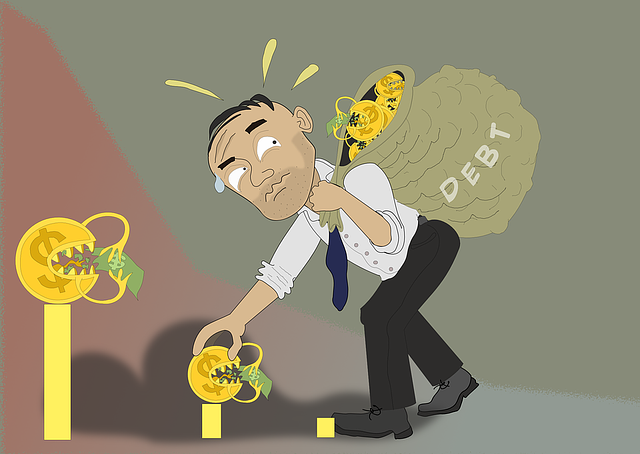Image: File Photo
Being contacted by a debt collector can be an intimidating and overwhelming experience. Whether you have found yourself in financial difficulty or had a sudden emergency expense, understanding your rights and how to deal with debt collectors is essential to protecting them.
In this blog post, we will look at the different strategies available for dealing with debt collection agencies and how working out an effective plan with them can free up more of your hard-earned money so that you can work on becoming financially secure once again.
The Purpose of Debt Collectors And How They Work
Debt collectors are individuals or organizations hired by creditors to recover unpaid debts. To do this, they may contact you directly through emails, letters, or phone calls. A debt collector will likely review your credit history and report any delinquent accounts to credit bureaus to improve their chances of recovering your unpaid debts.
Specifically, debt collectors in Canada must abide by the Consumer Protection Act, which sets out regulations and limits collection tactics. It is essential to understand how debt collectors work before working with them and entering any dispute resolution process.
Understanding the purpose of debt collectors and how they can help protect you from aggressive collection tactics and ensure that your rights as a consumer are not violated.
Understanding the Fair Debt Collection Practices Act
Money management and dealing with debt collectors can be intimidating and confusing. It’s essential to be informed of your rights to confidently deal with any debt collectors who come knocking at your door. One such right is the Fair Debt Collection Practices Act, or FDCPA, a federal law regulating the behaviour of debt collectors when they’re trying to collect debts from consumers.
It outlines several prohibited practices and guides how these collectors may contact you if and when attempting to collect debts. Knowing this legislation gives consumers the information they need to know their rights and protect themselves against the aggressive tactics of debt collectors.
Get Organized
Staying organized is half the battle when dealing with debt collectors. Put together a comprehensive list of all the accounts you owe, and make sure to include the name of each creditor, how much you owe, when the debt is due, and its current status. Doing this will give you a better awareness of your financial situation to form an effective repayment plan.
Additionally, having all your information in one place will help debt collectors understand what’s going on if you need to provide them with any proof. Completed lists of your debts can also help negotiate more favourable arrangements; consistency and clarity are key when pursuing these opportunities.
Communicate Clearly With The Debt Collector
If you are dealing with debt collectors, it is essential to remember to communicate clearly and effectively with them. Before making any payment arrangement, ensure you understand the full scope and amount of the debt you owe.
Then, look closely at your budget and determine what you realistically can afford to pay each month. This can help ensure that you don’t set up a plan that is too hard to keep up with, resulting in further disputes or problematic consequences. Be transparent in informing debt collectors when discussing repayment terms or negotiating an alternative option if necessary.
They may be open to arrangements such as deferment, consolidation, settlements and long-term payment plans if needed. Be bold, discuss these options, and work together to achieve a more manageable outcome for both parties.
Understand Different Payment Options
Understanding the different payment options available to you when dealing with debt is essential. Debt consolidation is one option, which can mean taking out a loan or using 0% balance transfers to unify multiple debts into one easier-to-manage monthly bill. Settlement is another viable choice and involves negotiating with creditors, who are often willing to take a percentage of the original debt in exchange for a pay-off in full right away.
A more laborious but rewarding method is budgeting to control your debt- tracking expenses, creating regular payments and allocating funds wisely – the results might be slow but can pay off in the long run. So if you’re facing a mountain of debt, take proactive steps and explore these payment options; who knows, it could make all the difference!
Document everything – Keep Track of all Conversations And Payment Plans
By documenting all conversations and payment plans you make with the debt collectors, you have evidence of any promises or commitments made by the collector. This documentation can come in handy later on if something isn’t meeting your expectations, as it gives you proof that was agreed upon during the conversation.
Keeping track of these documents is also crucial for ensuring the collector receives all payments promptly and understands what needs payment and when. The importance of documenting all conversations cannot be understated – it’s critical to successfully negotiating debts and ensuring everything works out as expected.
By getting organized, communicating clearly, understanding different payment options and documenting everything, dealing with debt collectors can be more manageable. All of these steps are necessary to ensure you can manage your debt with the least stress and repercussions. Although dealing with debt can be difficult, controlling it can help lead to a more prosperous financial future.



